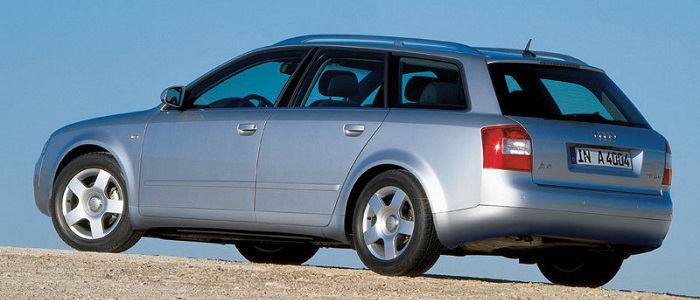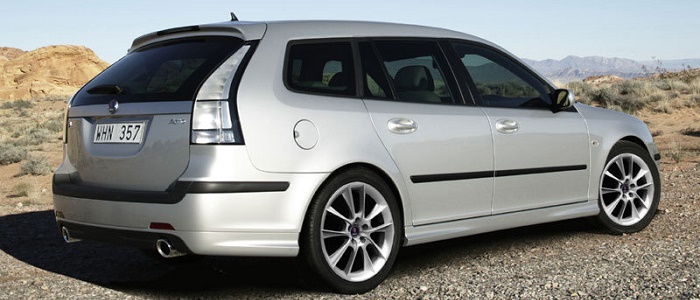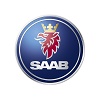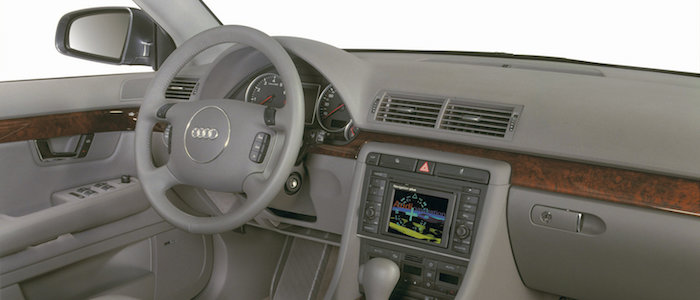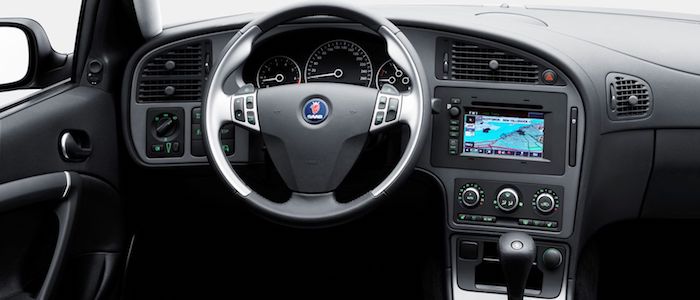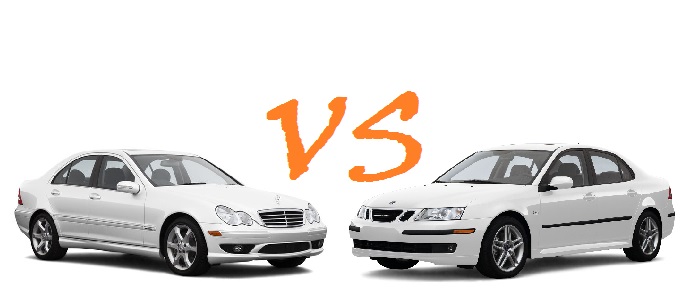Compare two cars
Compare any two cars and get our Virtual Adviser™ opinion
Dimensons & Outlines
Check vehicle history
Engine
2.8 Z28NET
Performance (manual gearbox)
Performance (automatic gearbox)
Expenses
Virtual Adviser's™ opinion
Well, these are two pretty similar cars we have here! It's only details that could potentially make the difference. Considering they both belong to the large family car segment and utilize the same 5-door wagon body style and the front wheel drive system, it all comes up to the specific petrol engine choice they offer. The first one has a Volkswagen-engineered powertrain under the hood, a 6-cylinder, 30-valves 220hp unit, while the other one gets its power and torque from a 6-cylinder, 24-valves 250hp engine designed by Opel.
SafetyThe first thing to look into here would be the results from European New Car Assessment Programme (Euro NCAP) tests performed on the two cars. Good thing is that both vehicles got tested, with the SAAB being a slightly better choice apparently. That aside, let's consider some other aspects which affect safety. Both vehicles belong to the large family car segment, which is generally a good thing safety-wise, but it doesn't do much to help us decide between the two. On the other hand, when it comes to weight, a factor that most people underestimate, the Swedish car offers a marginal difference of 6% more metal.
ReliabilityI don't like generalizing things when it comes to reliability, although it does seem that SAAB does have a slight advantage, when all the models are taken into account. These are the results of an independent reasearch, while our visitors describe reliability of Audi, as well as SAAB, with the same average rating of 4.2 out of 5. The same official information place A4 as average reliability-wise, and 9-3 is more or less at the same level.That apart, owners of different cars powered by the same engine as the German car rank it on average as 5.0 out of 5, exactly the same as the other one.
Performance & Fuel economySAAB is a bit more agile, reaching 100km/h in 0.2 seconds less than its competitor. In addition to that it accelerates all the way to 245 kilometers per hour, 2km/h more than the other car. When it comes to fuel economy the winner has to be the German car, averaging around 9.6 liters of fuel per 100 kilometers (29 mpg), in combined cycle. We can't ignore that 8% difference compared to the Swedish car.
Verdict
SAAB appears just a bit more reliable, although the difference is truly marginal. The most important thing when deciding between any two vehicles should always be safety, both passive and active. In my opinion, everything taken into account, the Swedish car offers much better overall protection, which launches it ahead of the other contender. It all continues in the same direction, with SAAB being considerably quicker, thus putting more smile on driver's face. It does come at a cost though, and that's the fuel consumption... It's really tough to make a final decision here, but if I'd need to, I'd say SAAB. Nevertheless, let's not forget that people have different preferences and needs, so what really counts is your personal feel. I'm only here to help. I suggest you spend two more minutes in order to find out which car, based on your needs and budget, would be picked by the virtual adviser™, out of 12.000+ vehicles we currently have in our database.
Related articles
I'm unsure whether it's the same taxi driver that hunts me all the time, or there are so many of them operating the C class 200/220 CDI variants. Either way, every time the story goes in the same direction. Usually, it's me thrilled by the comfort of a Mercedes more than 10 years old...























